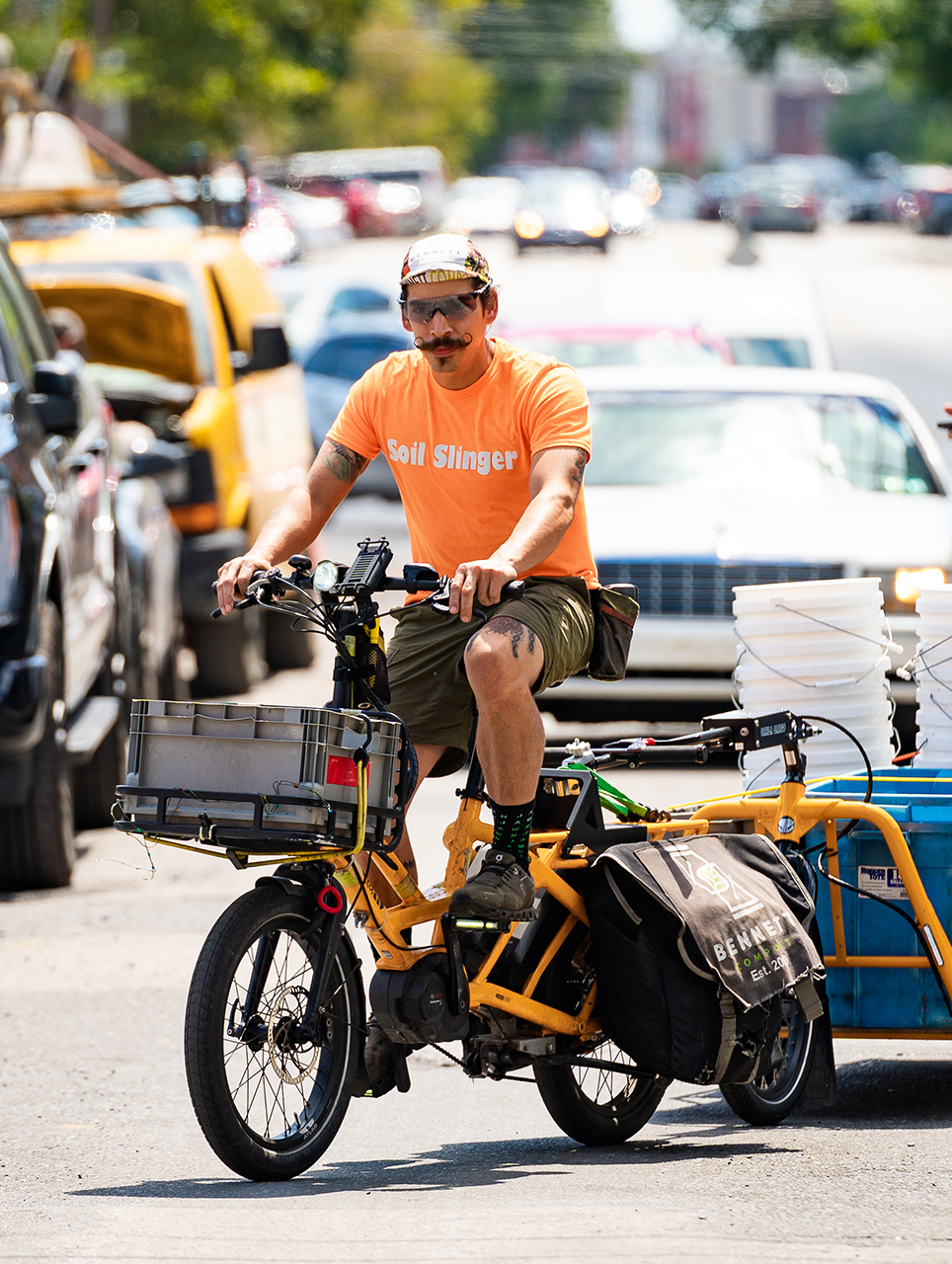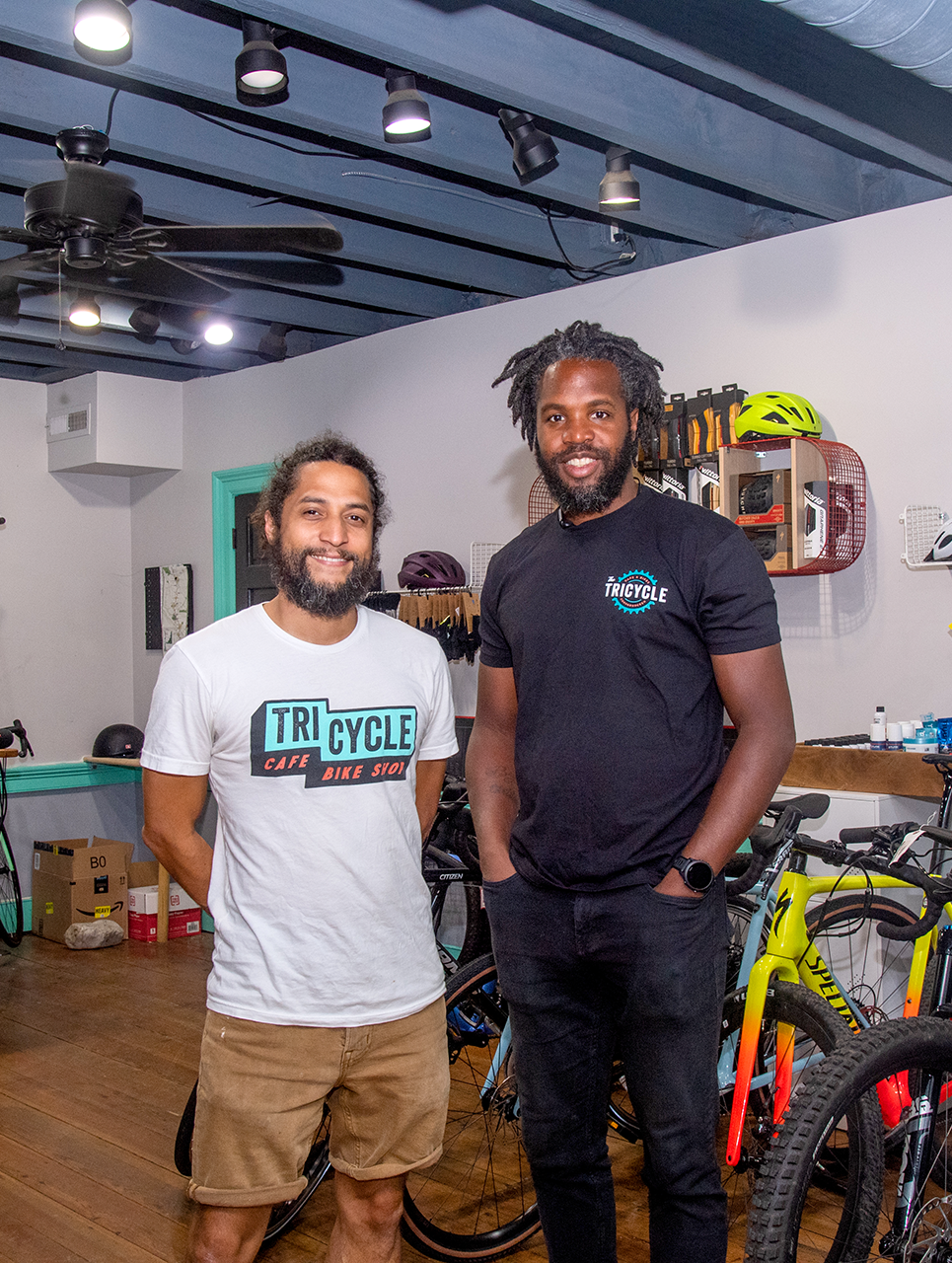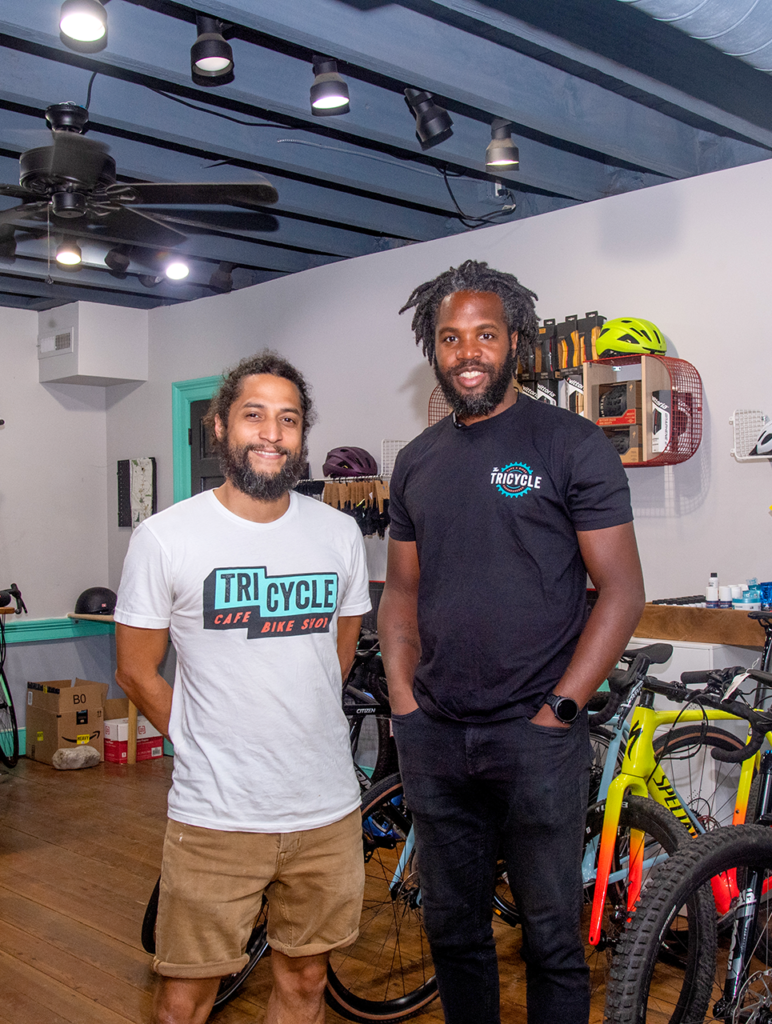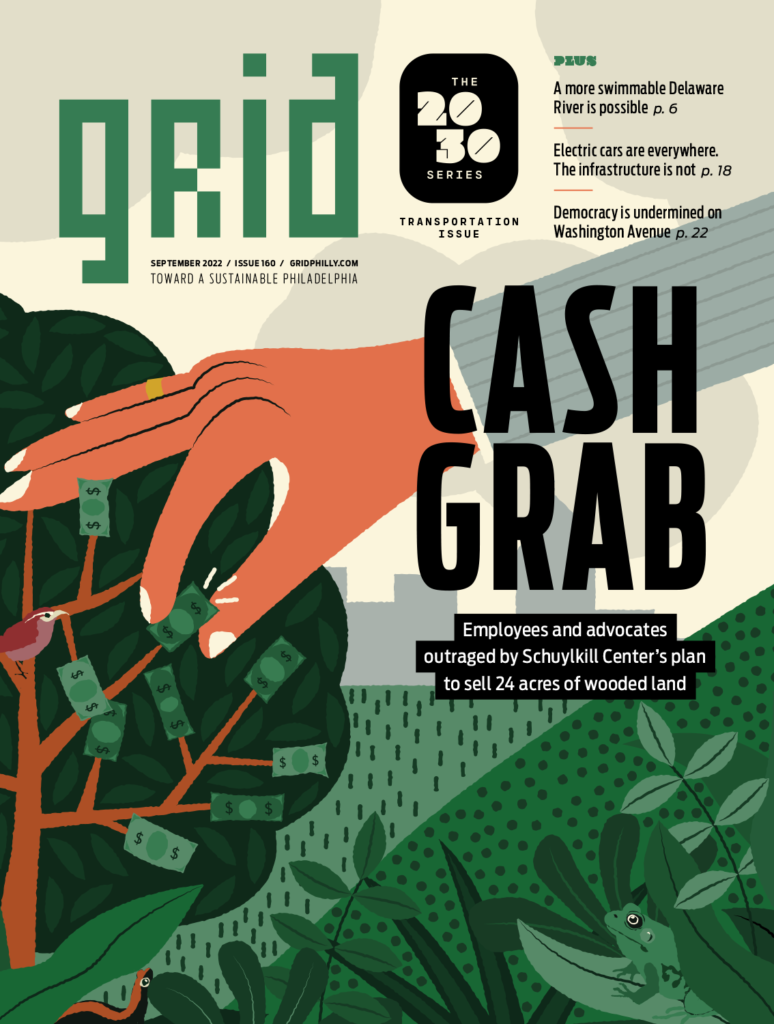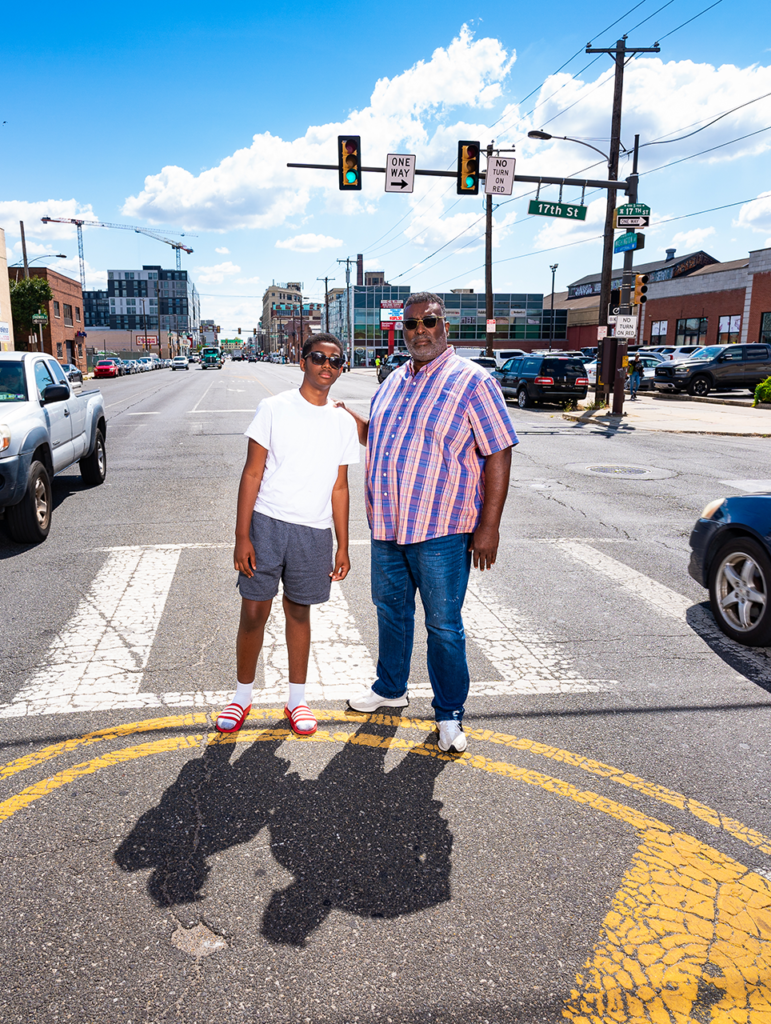In business there are two certainties: convenience is never without cost, and sudden changes — disruptions — create new opportunities. The escalating demand for “last mile delivery,” the process by which industries and companies ship goods directly to the customer, is a textbook example of costs and opportunities.
Even if you are among the estimated 157.4 million Amazon Prime subscribers in the United States, having that package dropped at your doorstep is hardly free. Associated hidden costs might include additional vehicle emission pollution, infrastructure stress, increased risks to driver and pedestrian safety, and potential threats to the viability of brick-and-mortar retailers.
Innovative solutions to delivery opportunities might create benefits that help offset the costs — by switching to alternative forms of transportation, by reimagining mobility in urban streetscapes, by offering new employment options, and by providing safer environments for pedestrians, cyclists and drivers.
As consumers, we can have a say in whether the benefits balance the costs.
Locally, notable public and private efforts strive to make Philly’s response to last mile delivery demands more sustainable. Christopher Puchalsky, director of policy and strategic initiatives for the Office of Transportation, Infrastructure and Sustainability (OTIS), Andrew Nakkache, CEO of First Delivery, and Tim Carney, head of market operations for The Rounds, are among those implementing novel solutions.
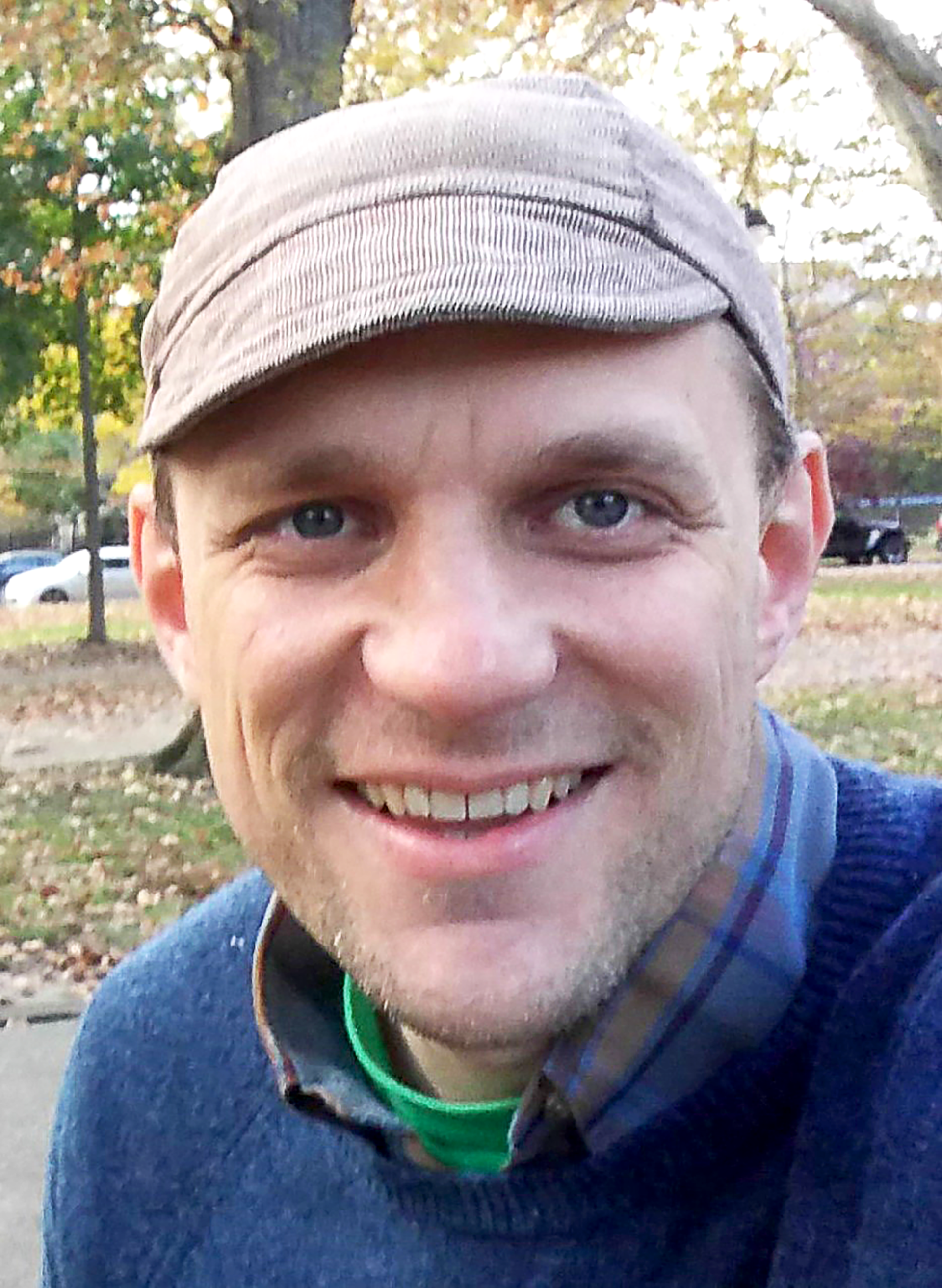
Puchalsky views the urban delivery challenge as less about the last mile and more about “the hardest part — the last 50 feet between the vehicle at the curb and the customer’s doorstep.” More than ever, multiple users are vying for curb space — “deliveries of Amazon packages, all the Uber and Lyft drivers, bikeshares, the list goes on.” Puchalsky’s office recognizes the intensifying demand for curb use. “It was never just about parking.”
A 2021 report prepared for the National Association of City Transportation Officials (NACTO) urged urban leaders to consider ways to mitigate environmental downsides of increased last mile deliveries. The report encourages adopting policies and practices to reduce carbon emissions, improve road safety, support economic recovery — especially of small businesses — and promote social and environmental justice. Innovations underway around the world as well as some in early or proposal stages are described.
These innovations include the conversion of underutilized spaces such as parking garages to delivery “micro hubs,” setting up public parcel lockers, improving tactics for curbside management, establishing low-emission zones, advocating for zero-emission vehicles, and making digital e-commerce support available for local businesses to compete online.
When [delivery drivers] don’t have curb space, they take the moving lane. It’s almost always problematic … ”
— Chris Puchalsky, director for policy and strategic initiatives for
the Philadelphia Office of Transportation, Infrastructure and Sustainability (OTIS)
Puchalsky’s office clearly has the NACTO goals in mind as they consider a range of possible solutions in Philadelphia. Spurred by the number of complaints his office receives about blocked traffic lanes, his team prioritized improving curbside management tactics. “When [delivery drivers] don’t have curb space, they take the moving lane. It’s almost always problematic: from congestion to safety, to discouraging people from driving or biking, a whole host of issues arise when people take the moving lane to unload.”
Puchalsky sees a number of potential solutions, from smart loading zones to providing protective lanes for e-cargo bikes. A pilot program of extended loading zones on Chestnut Street is a first step in revisiting loading zone regulations, many dating to the 1990s when deliveries mainly occurred during regular business hours. OTIS’s efforts for citywide curbside management, though, are hindered by a lack of data and back-office tools.
As OTIS works with City Council and the Philadelphia City Planning Commission to implement changes better suited to today’s curb usage, there are measures businesses can take to help relieve current curbside pressures. Puchalsky encourages businesses to schedule more off-peak deliveries. And he notes that building well-designed loading docks for new construction is very effective in streamlining delivery.
Other developments his office is tracking include proposals Chicago and New York are floating to levy a package delivery surcharge. Paying a small fee may incentivize consumers to shop locally or at least consolidate their orders. Cities would use the revenue generated by the surcharge to fund infrastructure and transportation investment. At this time there is no similar proposal being put forth in Philadelphia.
First Delivery CEO Nakkache wanted to help Main Street businesses better compete with larger companies. Online shopping and e-commerce were already growing rapidly pre-pandemic but have exploded since 2020. While there has been some slowdown in recent months, no one expects convenient home delivery to disappear. Predictions are for the global last mile delivery market, valued in 2021 at $40.5 billion, to generate $123.7 billion in 2030. That’s a big potential market small businesses will want to tap.
Nakkache believes that “in 10 years there will be very few businesses that will survive without delivery. Maybe if you have a cult following like Angelo’s Pizza, but otherwise businesses need to embrace delivery.” He describes his company as a “delivery orchestrator,” primarily linking restaurants with a host of delivery service providers through First’s proprietary software. The intent is to find the most cost- and time-efficient delivery options on a dynamic basis, while also capturing customer data to strengthen each restaurant’s connection to its customers.
For many small businesses, managing the complex, costly logistics of on-demand delivery is beyond their capacity. Nakkache encourages owners to ask for advice. It doesn’t have to be painful, and it can mean the difference between making or losing money on every home delivery. Demand for First’s services has fueled rapid growth. Originally launched in Philadelphia, the company is now operating across the United States and Canada, with Australia next.
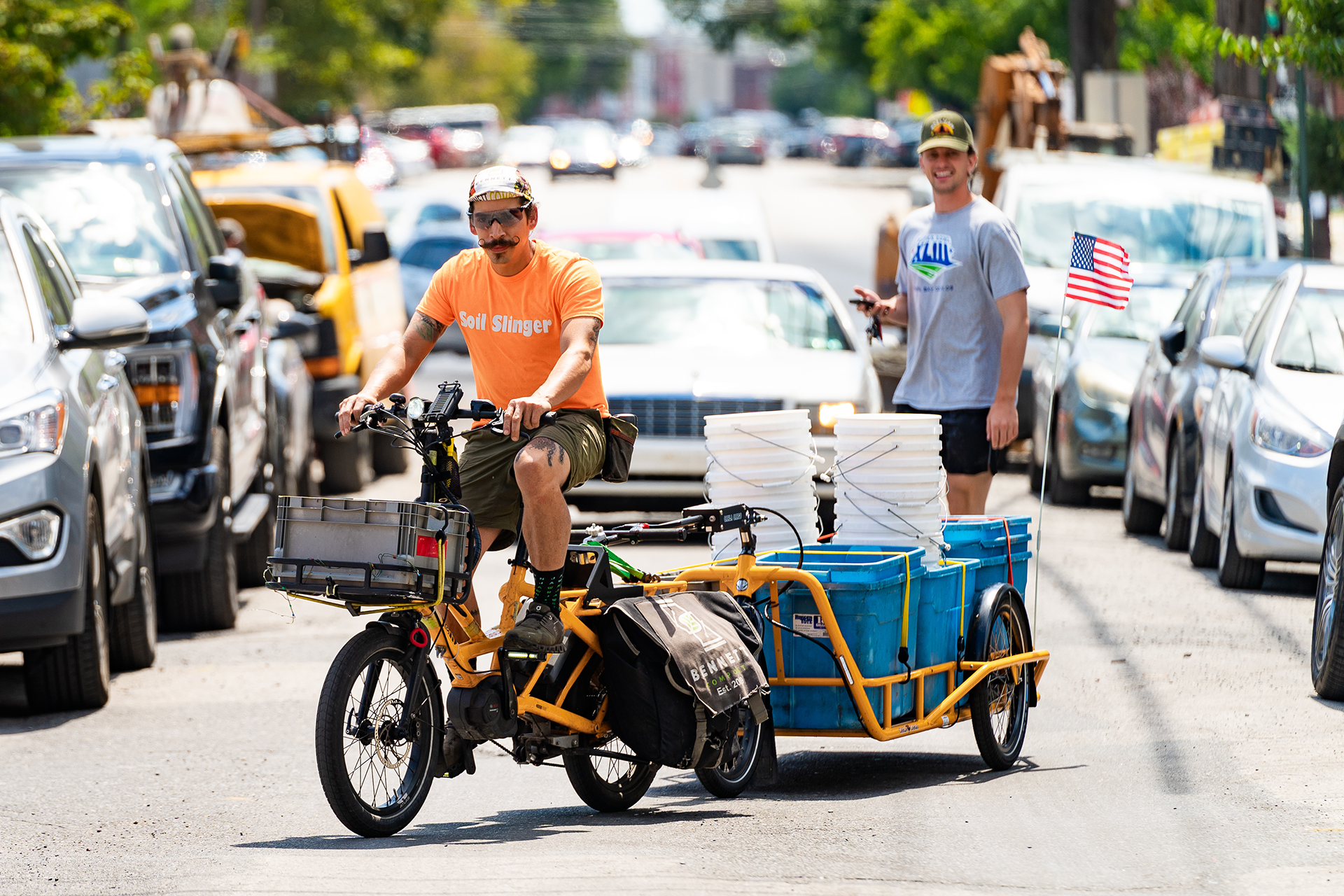
Compared to other cities, Nakkache thinks Philly could improve its delivery infrastructure. The city’s grid design makes street navigation easy, but gas-powered vehicles still dominate. He would like to see mobility options increased, perhaps by designating “mobility streets” reserved for pedestrians, cyclists, scooters and vehicles under 200 pounds. He also notes that other cities are introducing delivery by scooters, drones and robots.
Carney, head of market operations for The Rounds, seems to share the desire for more delivery options. “Last mile” he says, “is a complex world where we need multiple modalities to achieve success.”
Founded in Philly in 2020 and now operating in Washington, D.C., Atlanta and Miami, The Rounds offers its members home delivery of zero-waste sustainable goods. Consumers who want to replenish regular-use items like coffee, toilet paper, and cleaning products conveniently and without single-use plastics can opt in or out of home delivery on a weekly basis. Carney thinks the company distinguishes itself on two counts: the quality of the products they offer, locally sourced where feasible, and their use of e-bikes for last mile delivery.
“The biggest thing that we’ve been grateful for in Philly is to see the investment within the bike lane network,” Carney says. “Investment in bike infrastructure year over year allows us to be innovative in our approach to delivery and safety. It’s exciting to be part of a company that’s helping to craft how [urban delivery] evolves in the U.S.”
All indications point to the need for more balanced city planning and business adaptations, shifting the balance away from traditional car and truck delivery to more sustainable methods. At the current rate of growth, the World Economic Forum forecasts a nearly 30% increase in fossil fuel-powered delivery vehicles in inner cities by 2030, adding to emissions levels and congestion.
As difficult and painful as the process sometimes was, OTIS’s Puchalsky reports many positive outcomes from expanding Philly’s bike lanes. Ridership grew and safety improved not just for cyclists but for pedestrians and drivers. The City plans to more than double the size of the Indego e-bike-sharing network over the next five years.
The more we talk about it [last mile innovation] the faster the ideas will come into action.”
— Rudi Saldia, collections manager at Bennett Compost
E-biker Rudi Saldia is a seasoned “last mile delivery” professional. He has been a bike messenger, food deliverer and pedicab operator; now he is lead collections staffer for Bennett Compost. Saldia enjoyed all those jobs because he loves to ride a bike. But what he especially values about his five years as an e-bike cyclist for Bennett is a regular paycheck with benefits. He’d like to see more places in the city to lock up delivery bikes, improved driver education about sharing the road, and more companies professionalizing the delivery role as a living-wage job, not a gig economy dead end.
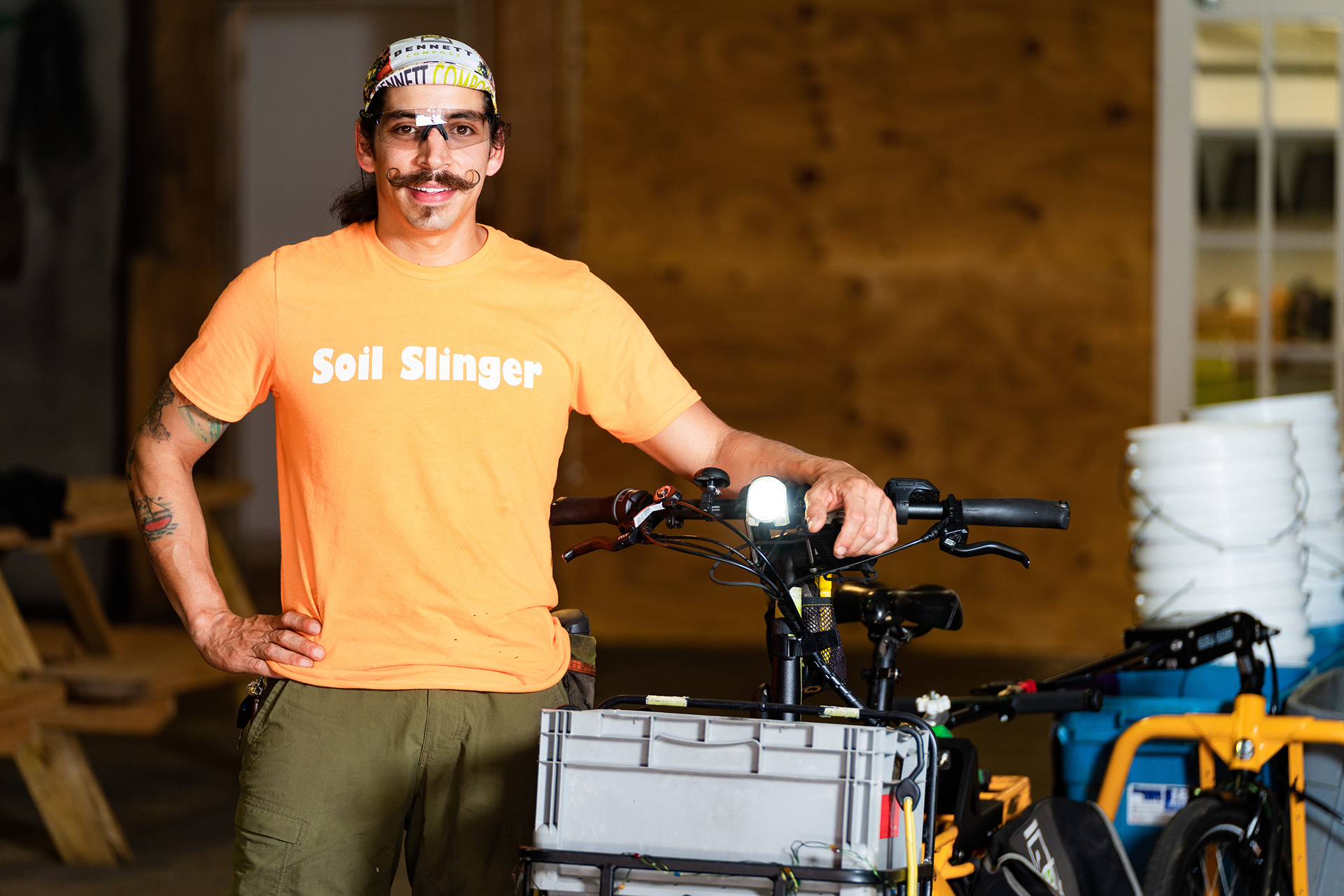
While Puchalsky works on urban strategic initiatives, and Nakkache and Carney offer enterprise solutions, essential workers like Saldia are biking to your door. From their different perspectives, each of these people working on last mile challenges had suggestions for how consumers’ choices matter.
Consider walking or biking to local businesses for routine errands. Use parcel drop-off points where possible. Ask the companies you order from online to invest in more sustainable delivery methods. Shorten the supply chain by sourcing as much as you can from local suppliers. And don’t lose sight of the need to professionalize the jobs of essential, high-value delivery workers.
Saldia offers a first step toward last mile innovation: more customers could ask Amazon, how can I get my packages delivered without that big truck blocking the street? “The more we talk about it,” Saldia believes, “the faster the ideas will come into action.”


